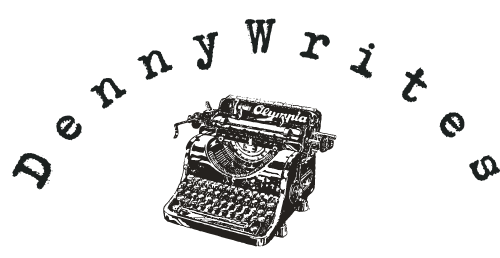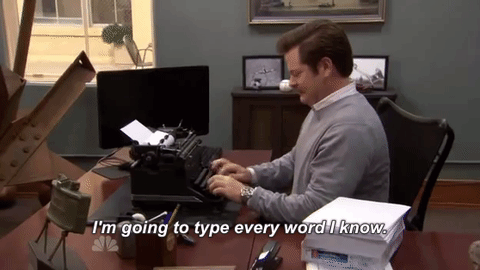If you’re like me, you roll your eyes and keep scrolling every time you see yet another piece of interviewing advice on LinkedIn. I’ll get to the point so you can get back to your day.
1. ALWAYS write a thank you note.
This should be as obvious as getting a haircut, dressing appropriately, showing up on time (10 minutes early), maintaining eye contact, giving a firm handshake, etc. A recruiter once casually told me that a thank you note wasn’t necessary for contract roles. Agree to disagree! Every bit of extra effort you show helps. Take 10 minutes and write a 100% original, error-free and genuine thank you note. For direct hire jobs with long hiring processes, mail a thank you letter right away. Be exceptional.
2. Connect with the hiring manager(s) and your recruiter(s) on LinkedIn.
I’d rather be on the aggressive side and not get an offer, wouldn’t you? Invite anyone that you interviewed with (or that set up the interview(s)) to join your LinkedIn network. Send a brief hello ("I look forward to speaking") or thank you with the invite based on the timing. Beyond your resume and whatever information a staffing agency forwarded, your LinkedIn profile features your smiling, friendly face and personality tidbits that help employers get to know you and find common interests, schools, etc. As I mentioned in another post, the cliche is true, people are most comfortable hiring people they know—so let employers get to know the real you before you even meet! (And, with many remote hires coming after phone/video calls, you may not ever meet in person.)
3. Follow up, then follow up a few days later. Don’t overdo it.
After finishing your final interview(s), sending thank you note(s) and adding everyone involved in your application process on LinkedIn, there’s not much more you can do. That said, don’t overdo it. Interviewing is like dating—try too hard and be too present and you could blow a great opportunity. Do all you can, show sincere interest, then back off. This is also where recruiters can help save you from yourself—acting as a buffer/third party between you and the hiring manager. Some recruiters will stay in close touch, others will go radio silent and require (yet another) call or email from you. Stay cool.
4. Follow the company you applied to on Twitter, LinkedIn and Facebook.
A company’s social media presence, or lack thereof, says a lot about them.
- What’s their culture like?
- How do they communicate with different kinds of audiences?
- What kind of people do they like to employ?
- What do their top performers look like?
Study these items to determine: 1. Do you want to be there? 2. If yes, how should you be prepared to walk in the door on your start date? First impressions are huge, and you want your first few weeks to go without a hitch.
5. If hired, thank your recruiter and the hiring manager--again, in person.
“Gratitude” quickly became an Oprah word of the year a few years ago and it still holds a firm grip on many-an advice article. And, crap, it snuck its way into this cynical/sarcastic guy’s list, because, if genuine, it is a very attractive emotion/attitude. The recruiter didn’t have to call you with the lead. The hiring manager could have chosen someone else. Yes, you did the heavy lifting to earn the offer, but take it up a notch and thank everyone that helped. I always thank my new boss (in person, firm handshake) on the first day of a new job. You chose to work for someone and this someone controls about 5/7 of your life and the checks that pay for your lifestyle. No need to be a cheesy kiss up, but ensure that your manager knows you appreciate the shot he or she gave you.
Good luck out there!
Please feel free to share and contact me for more semi-obvious advice.
-Denny


